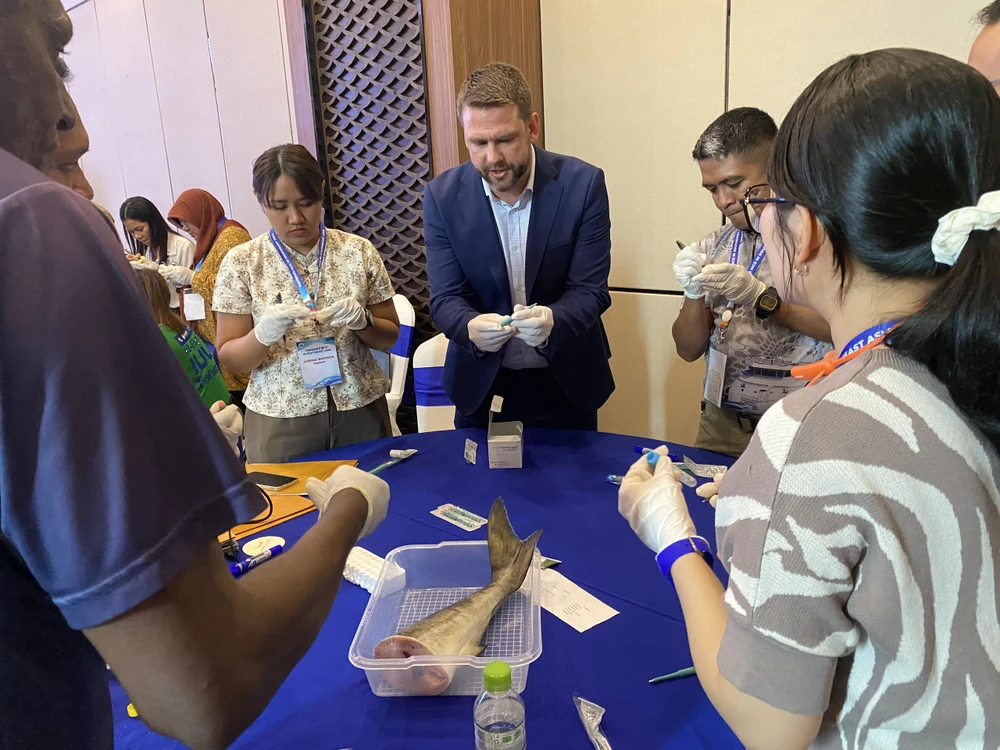
"Oven" to train IUU human resources for the region
In Nha Trang, Khanh Hoa , 38 fisheries officers from Asia-Pacific countries are participating in a training course on Fisheries Surveillance, Control and Inspection (MCS) from May 5 to 23. This is the result of cooperation between Vietnam and Australia to deal with illegal, unreported and unregulated (IUU) fishing - a major challenge for the regional fisheries industry.
The course not only improves skills in vessel monitoring and data analysis, but also promotes cross-border cooperation – a key factor as Vietnam strives to implement the European Commission’s (EC) recommendations to remove the “yellow card” on fisheries.
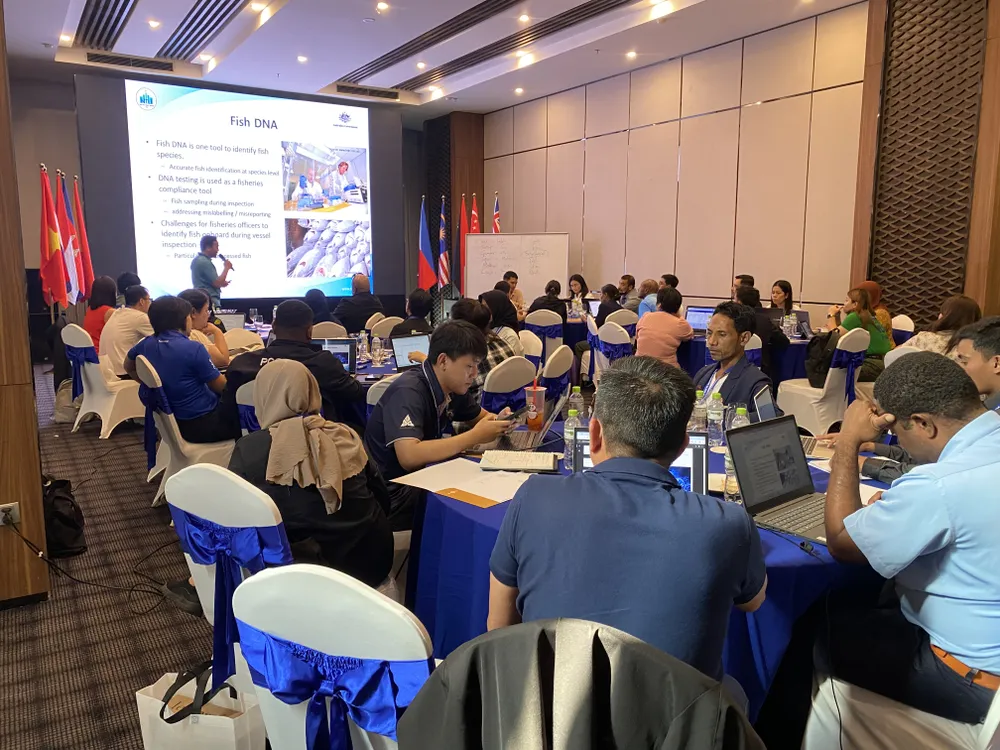
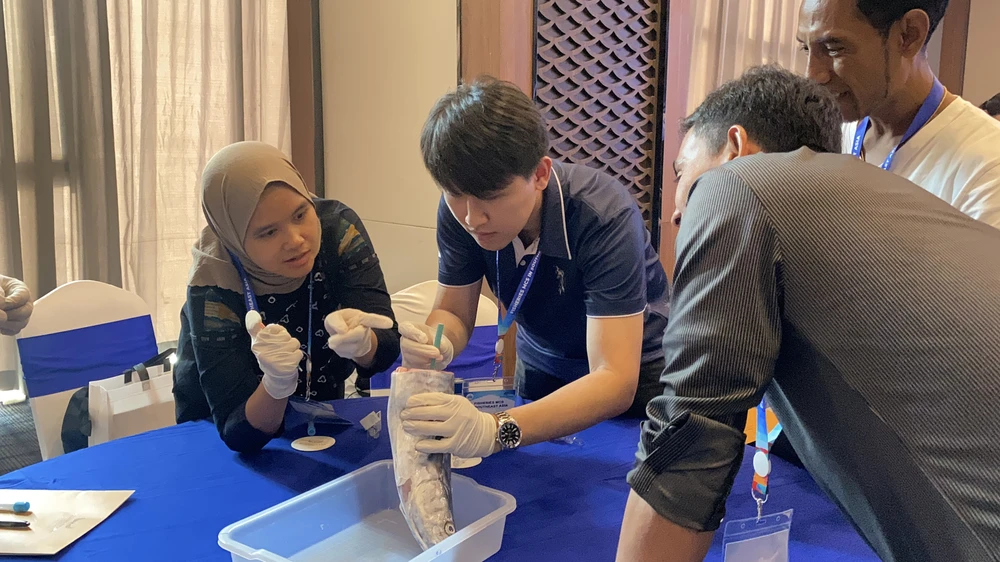
According to Master Tran Van Hao (Institute of Fisheries Science and Technology, Nha Trang University), the training course funded by the Australian government, an initiative of Nha Trang University, has been expanded to a regional scale and extended until 2026. This not only enhances domestic capacity but also turns Vietnam into a training center for human resources to combat IUU for the entire region.
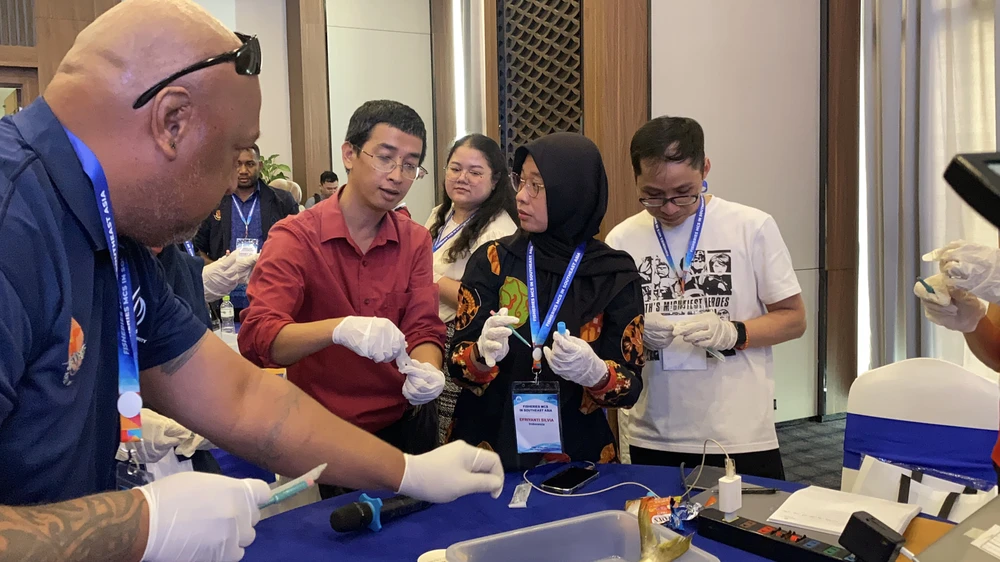
In response to the news that the EC will postpone the fifth field inspection to consider removing the IUU “yellow card” for Vietnamese seafood until the end of 2025, Vietnam is urgently completing its monitoring, traceability and violation handling systems to meet international standards.
Mr. David Power, representative of the Australian Fisheries Management Authority (AFMA), affirmed that the MCS program will continue to accompany Vietnam in its efforts to improve fisheries management and move towards removing the "yellow card".
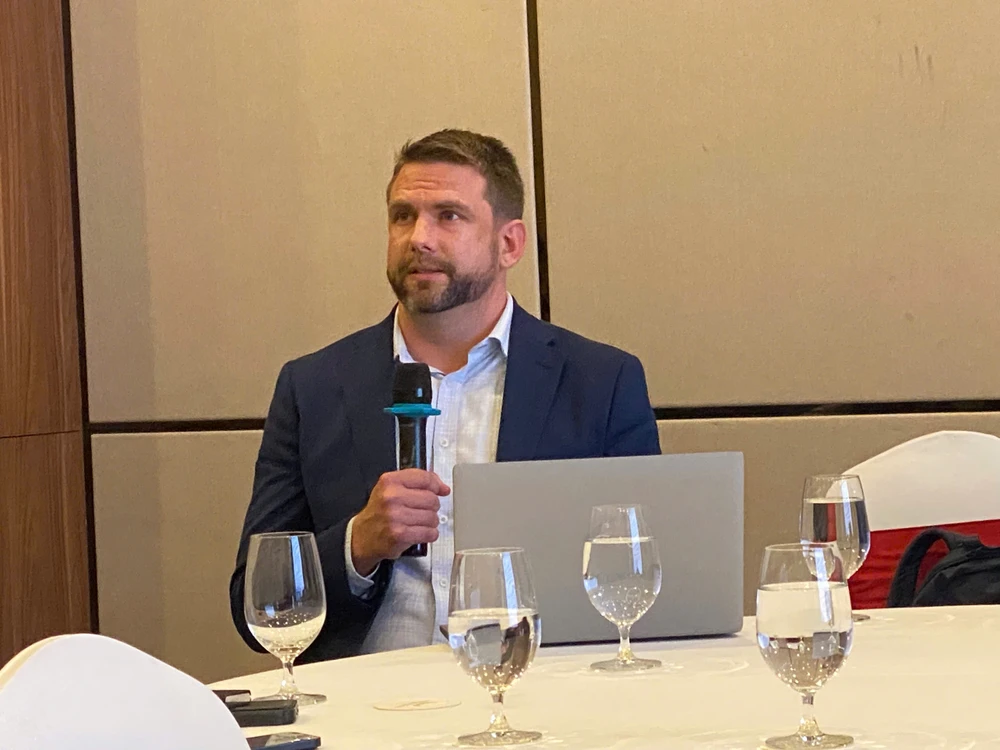
Sea cucumber revival – livelihood revival
Not stopping at training human resources, the Australian government also sponsors applied science projects to help restore marine resources such as oyster, grouper, sea cucumber farming projects, etc.
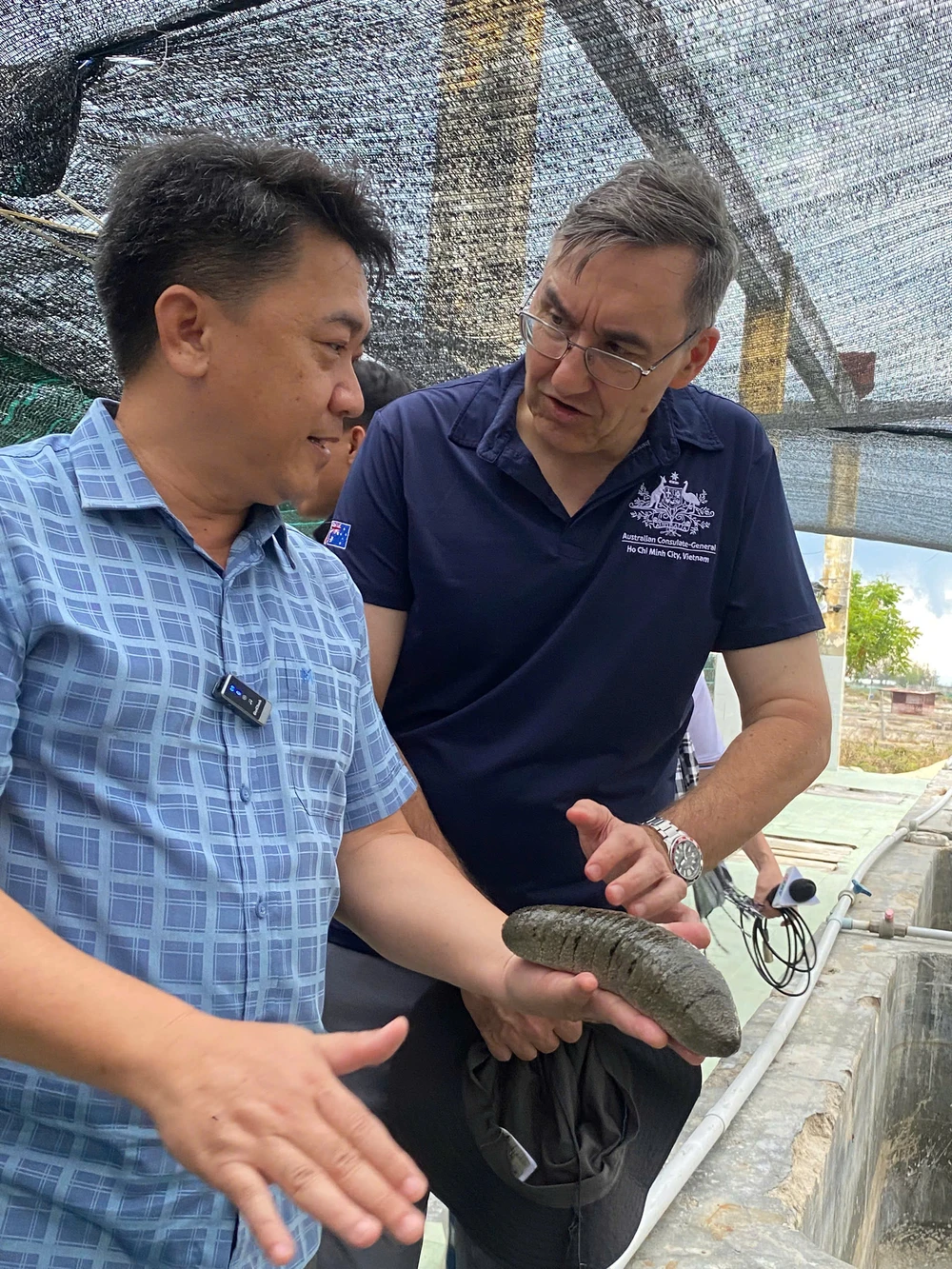
With support from the Aus4Innovation program (a program supporting Vietnam's sustainable development worth 33.5 million AUD), a collaborative project between the University of the Sunshine Coast (Australia) and the Research Institute for Aquaculture 3 (RIA3) under the National Center for Marine Breeding in Central Vietnam, the team has researched and deployed the technology of applying reproductive hormones to stimulate artificial reproduction, proactively producing offspring instead of exploiting them naturally. This is the first time in the world that this technology has been applied to the white-breasted sea cucumber - a valuable species that is almost extinct in the wild.
According to Dr. Nguyen Dinh Quang Duy (Deputy Director of the National Center for Marine Breeding in the Central Region), sea cucumbers are the "biological filters" of the sea - capable of absorbing humus, cleaning the bottom of ponds, and reducing water pollution. Co-culturing sea cucumbers with snails, pompano, etc. helps increase economic efficiency and improve the farming environment.
After successful seed production, sea cucumbers were put into experimental farming in cages of coastal households in Khanh Hoa and the Central provinces. Households were also instructed on techniques for using seaweed and organic humus as food to save costs and suit the size of the household.
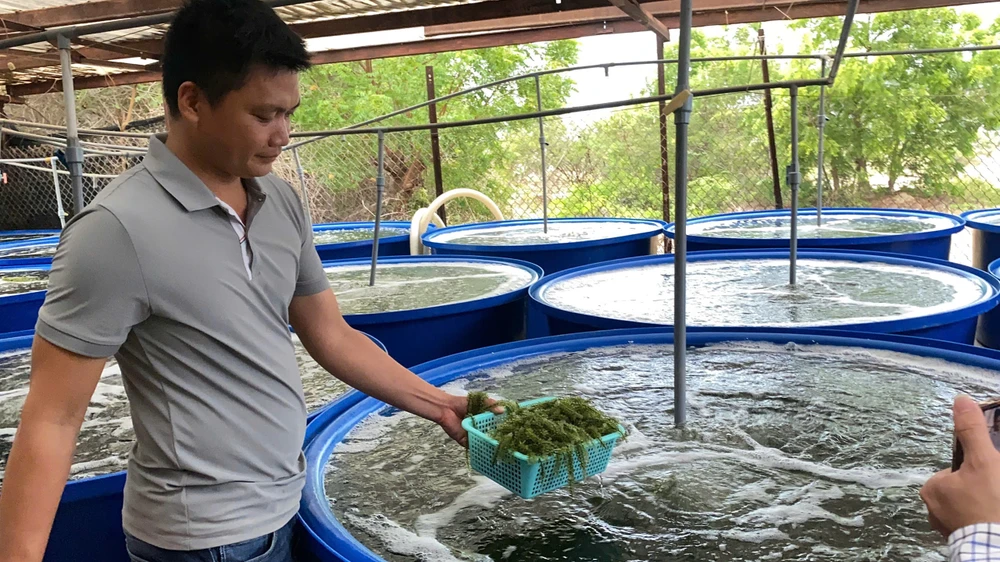
The "sea cucumber revival" project, with a total budget of about 2.6 million AUD, is part of a bilateral cooperation strategy between Vietnam and Australia to respond to climate change and declining marine resources, to promote sustainable livelihoods.
The project is not only about financial support but also about knowledge transfer, strengthening research capacity and promoting local initiatives for sustainable development.
In particular, according to Dr. Nguyen Dinh Quang Duy, international cooperation projects between ACIAR, the Commonwealth Scientific and Industrial Research Organization (CSIRO) and RIA3 are of the nature of applying research results and putting them into practice to create a production value chain. With the characteristics of being able to be raised in brackish water near the coast, bringing stable income, with little seasonal risk for coastal households, especially fishermen who change jobs, sea cucumber farming is currently not only providing livelihoods for coastal people in Vietnam, but also for regional partners such as the Philippines and even Australia.
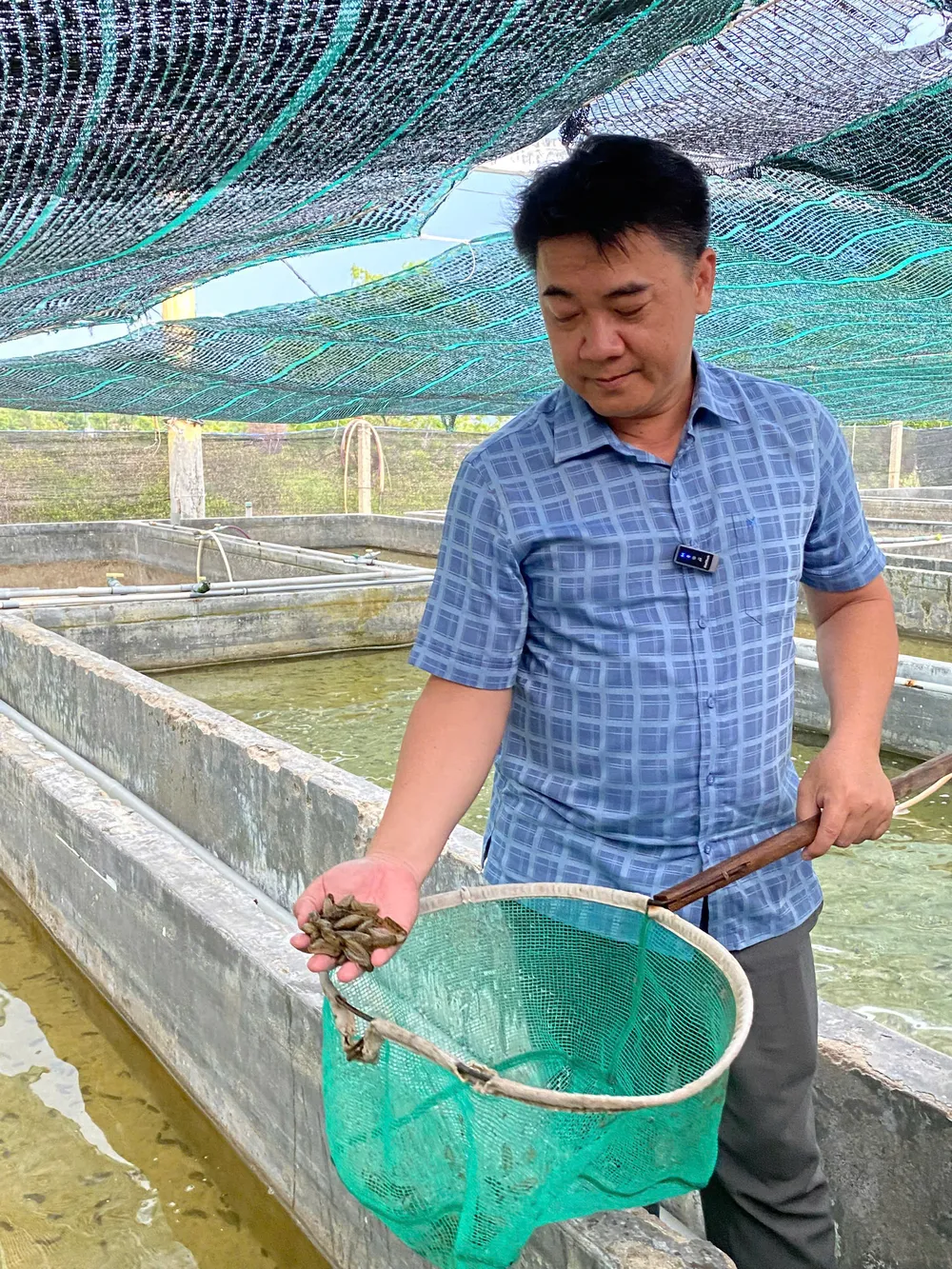
The restoration and breeding of white-breasted sea cucumbers not only brings ecological benefits but also opens up a new direction for fishermen to change their livelihoods – from exploitation to sustainable farming. This is also a symbol of the Vietnam – Australia Comprehensive Strategic Partnership, based on three pillars: economic engagement, environmental protection and promoting scientific innovation for sustainable development.
Source: https://www.sggp.org.vn/tu-the-vang-iuu-den-sinh-ke-xanh-hop-tac-viet-uc-vi-dai-duong-ben-vung-post794231.html



![[Photo] Pink ball and table tennis](https://vphoto.vietnam.vn/thumb/1200x675/vietnam/resource/IMAGE/2025/5/26/d9f770bdfda243eca9806ea3d42ab69b)
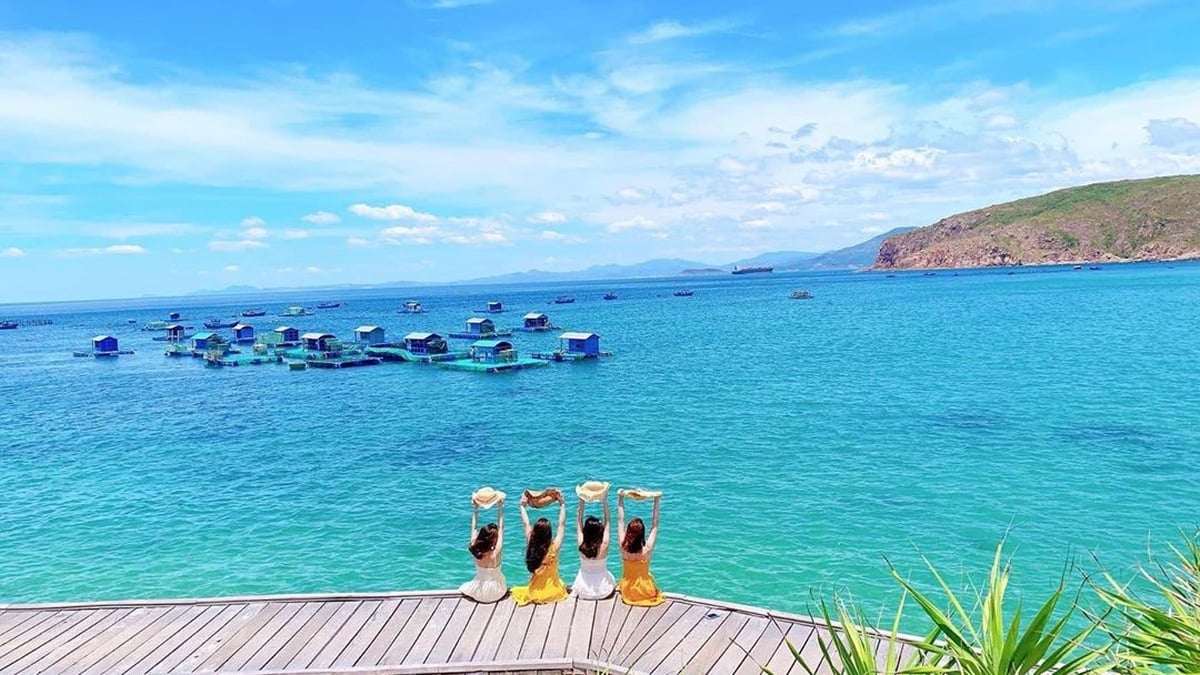
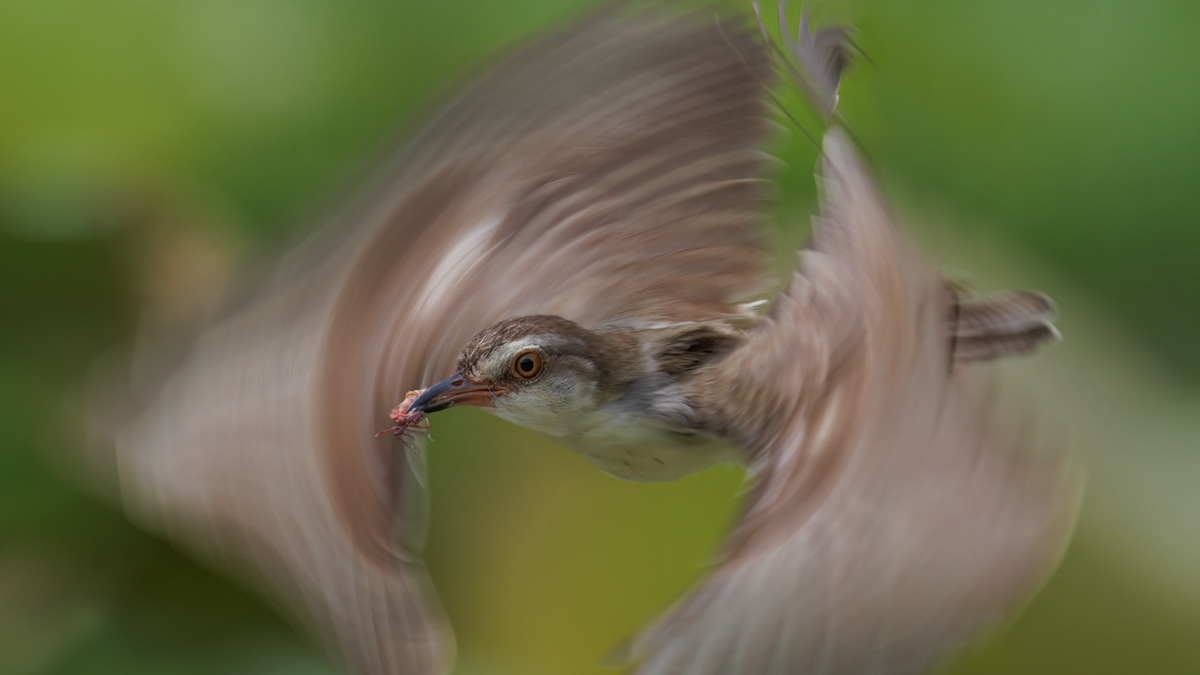
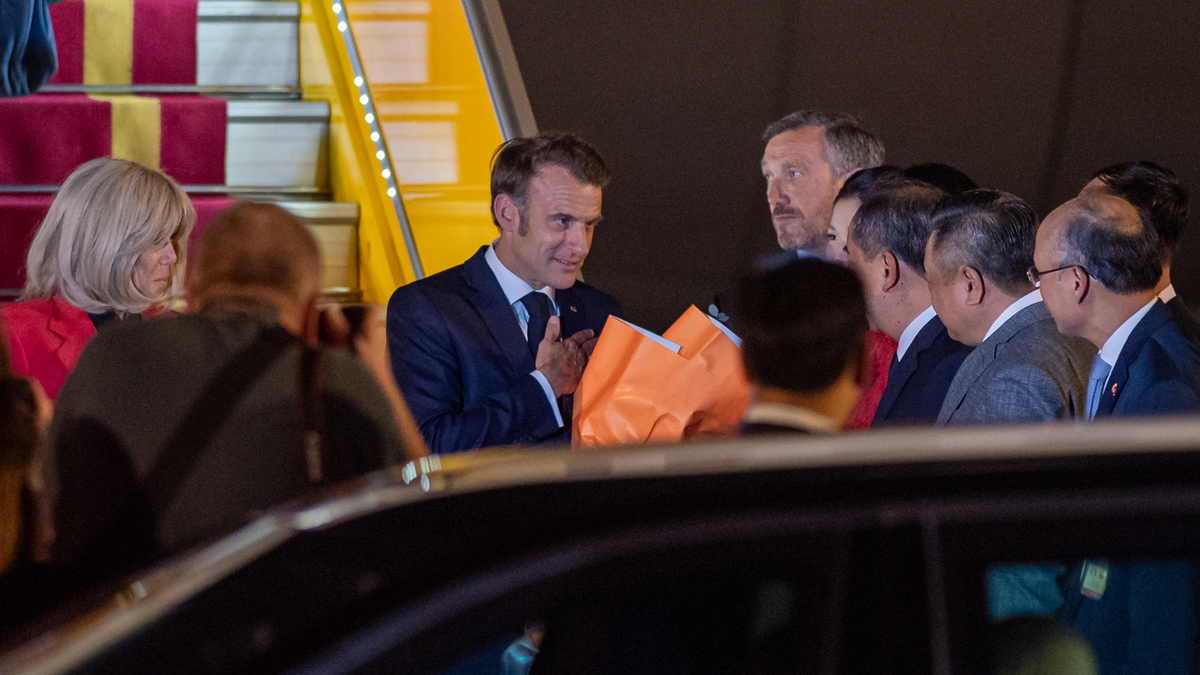

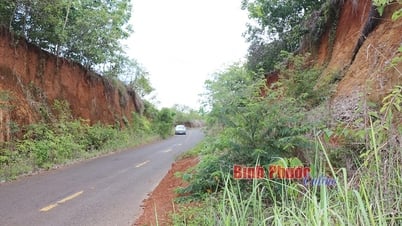

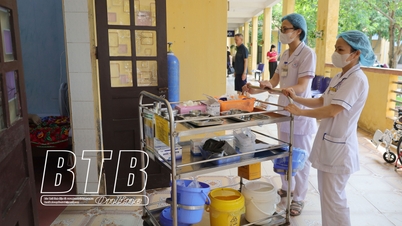

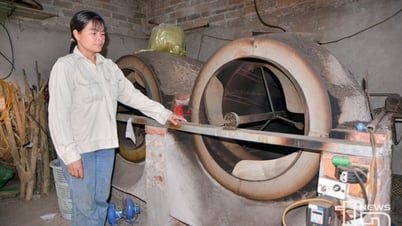

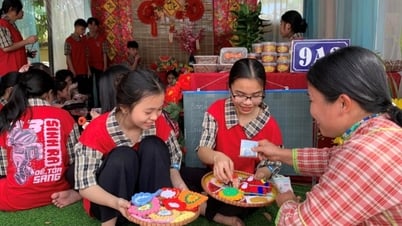

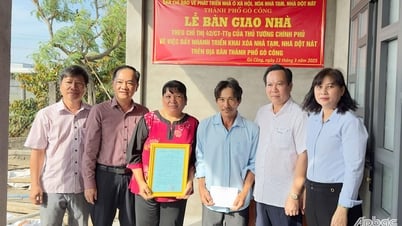

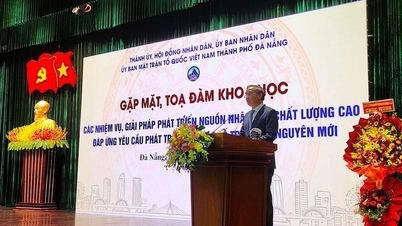





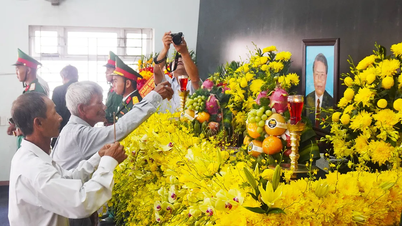
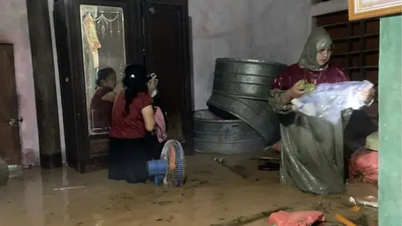
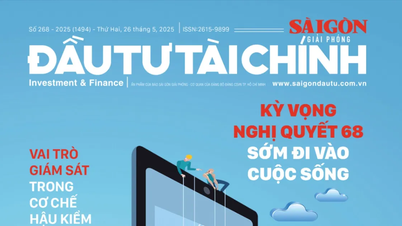
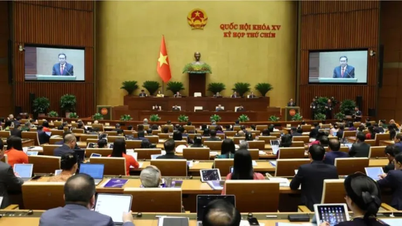
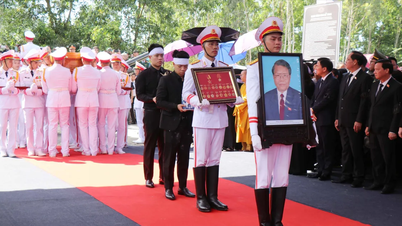
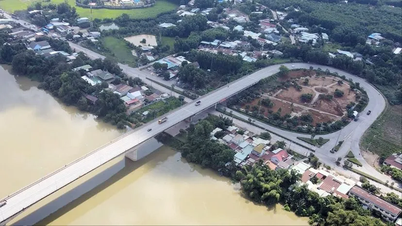
![[Photo] French President Emmanuel Macron and his wife begin state visit to Vietnam](https://vphoto.vietnam.vn/thumb/1200x675/vietnam/resource/IMAGE/2025/5/25/03b59c7613144a35ba0f241ded642a59)
![[Photo] Ea Yieng commune settlement project abandoned](https://vphoto.vietnam.vn/thumb/1200x675/vietnam/resource/IMAGE/2025/5/25/57a8177361c24ee9885b5de1b9990b0e)
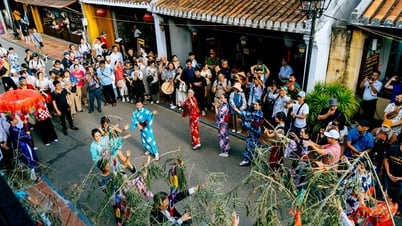



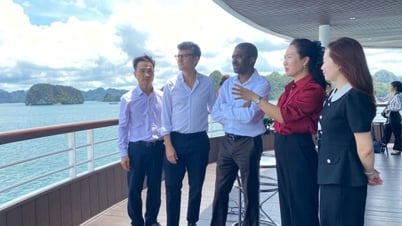

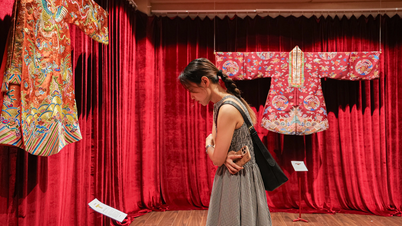





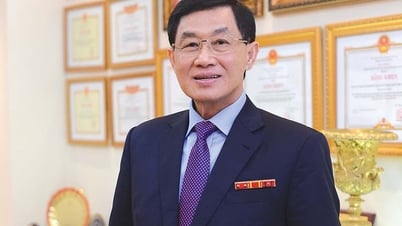

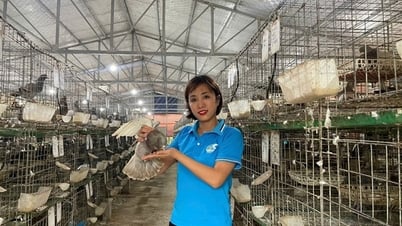

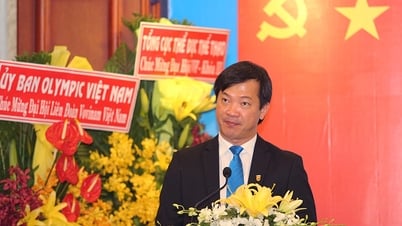





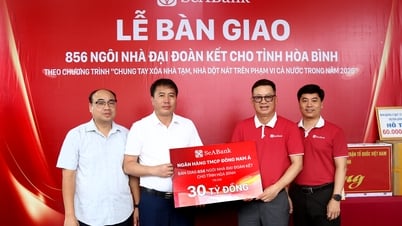







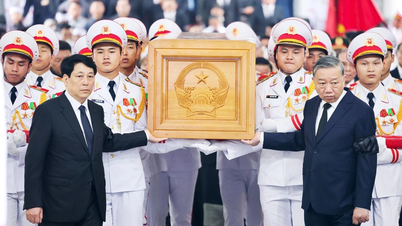


![[Infographic] Vietnam-France Comprehensive Strategic Partnership](https://vphoto.vietnam.vn/thumb/402x226/vietnam/resource/IMAGE/2025/5/26/986f63068ea9413dbbb558ee6c6944f3)

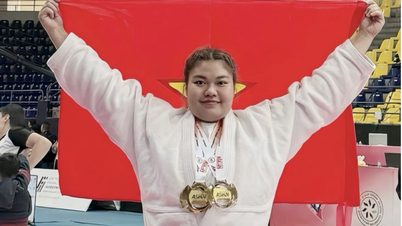
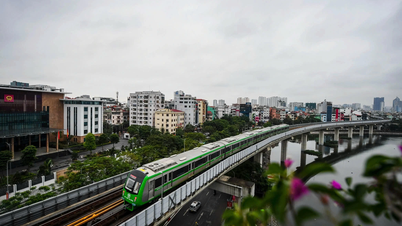
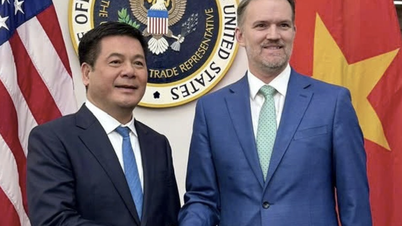



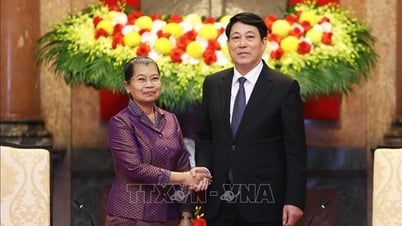

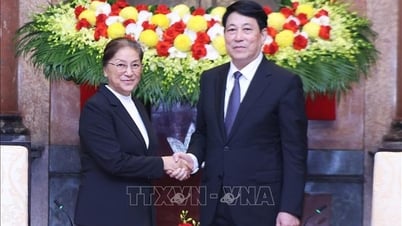



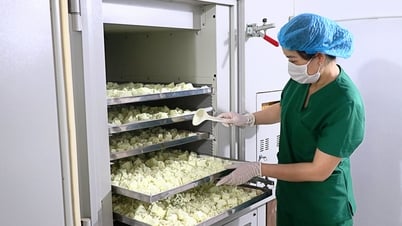

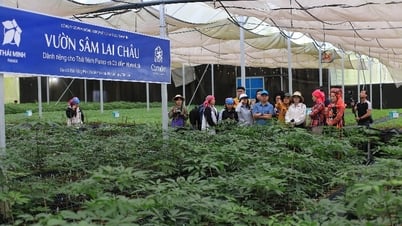

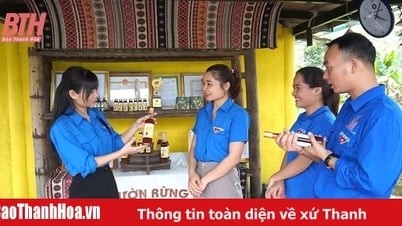

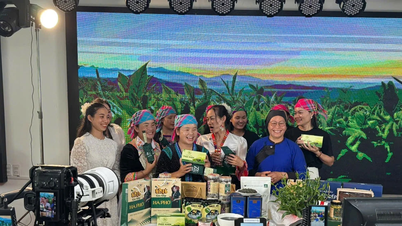




Comment (0)